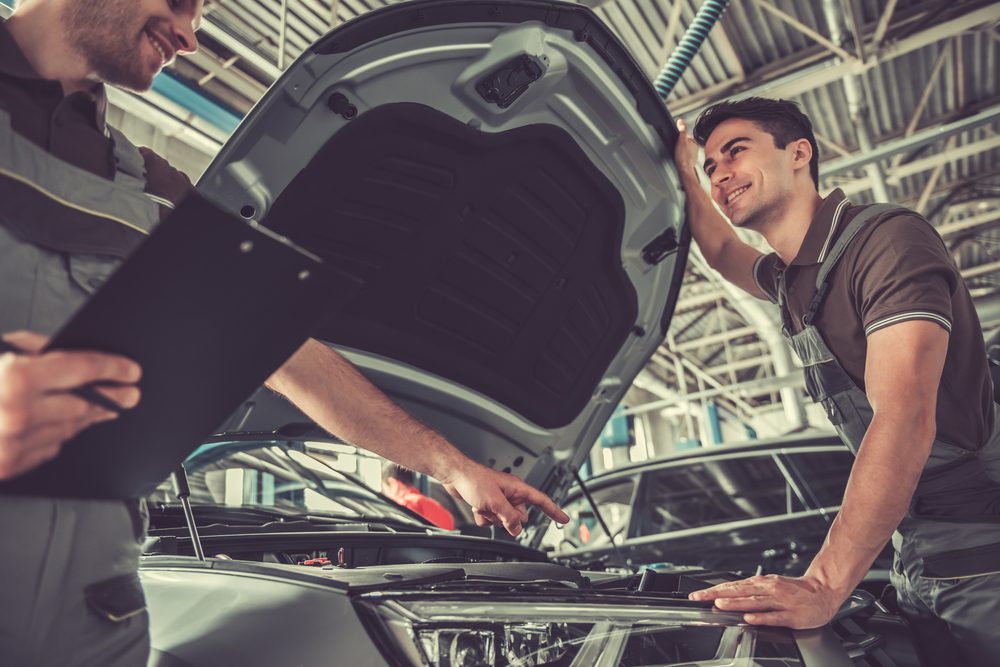The automotive industry is always varying, especially as consumer behaviors and the status of the economy continue to shift. The retail market of vehicles is hurting at the moment, so dealerships are looking to adjust business procedures to support the changing market. Cox Automotive (“Cox”) has now released a comprehensive report that was compiled after a survey of dealership employees and consumers was conducted to help dealerships create ways to capitalize on current consumer behavior.
This is not the first time we are noticing that fixed operations are proving to be successful. An Automotive News article published by James B. Treece in May of 2018 reported that most dealerships have been able to add to their mechanic team, which is bringing in more business and now around 86% of service bays at dealerships are being used, meaning there is more of a need for employees. Consumer behaviors such as getting maintenance more often have also contributed to the success of fixed operations, Treece said.
The National Automobile Dealers Association reported that dealerships have been seeing an uptick in gross profit resulting from service departments, now up to 49 percent from 45 percent just a few years ago. At this rate and assuming this number continues to grow, experts agree that fixed operations are now critical to the profitability of dealerships. The Cox report shows that consumers who both purchase and service their vehicles at a certain dealership are also likely to buy their next vehicles at that same dealership, thus bringing in a new sale and more profits from services.
According to an IBISWorld research report, the online auto market increased 10.5% from 2013 to 2018, which is taking business away from dealerships and adding to the need for them to change strategies. The Cox report notes that the majority of people are frustrated with dealerships’ lack of available parts when there is an OEM recall for their vehicles; therefore, they are switching to shopping online and at other businesses for the parts. These include e-commerce corporations like Amazon, which has shaken up auto part sales within the last year and also made dealerships and auto shops rethink their business strategies, including some that are taking advantage of the new tax laws.
Cox indicates that “unreasonable parts charges” are also a major deterrent for consumers when choosing where to purchase auto parts. Since value is the top factor that consumers take into consideration when choosing where to take their cars for services, dealerships are now needing to find ways to prove their auto services and parts cost the same as other businesses. Many consumers – 77% of survey respondents to be exact – believe that these other businesses are much more cost effective, when in reality basic services such as an oil change usually cost about the same.
The latest Cox report provides an interesting, in-depth analysis of the gradual change into increased fixed operations. Jim Roche of Xtime stated that “overall customer experience is the key to retention, loyalty and profitable growth,” so dealerships have the responsibility to maintain solid relationships with clients while continuing to provide excellent service in order to keep them coming back.








